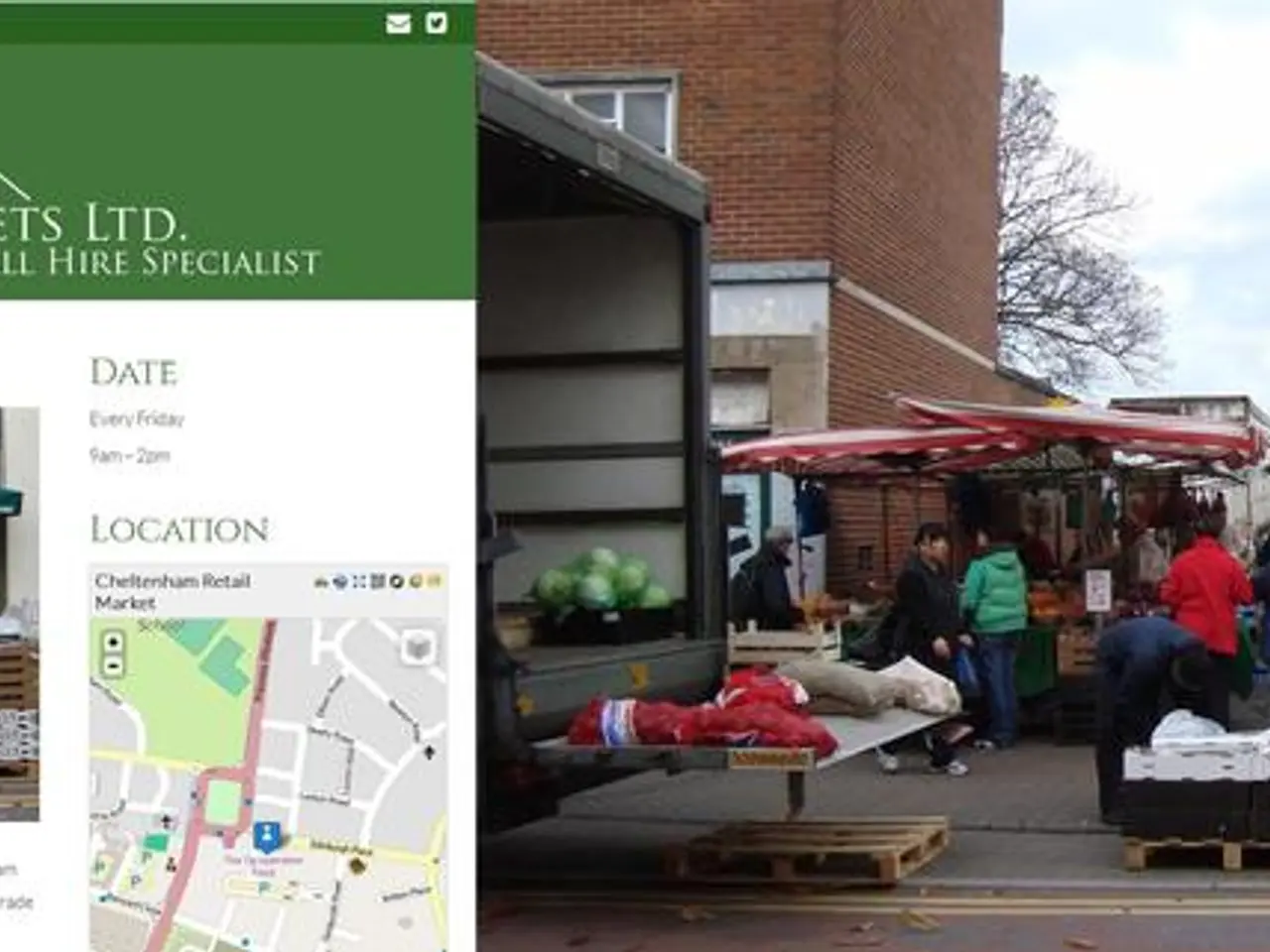Minimum wage assessment is positive according to the Minister - BSW advocates for an increase - Labour Minister Advocates for increased measures
Hey there! Let's chat about the newest minimum wage developments in Brandenburg, shall we? Economic Minister Daniel Keller sees this increase as a positive step, arguing that it will benefit about 230,000 employees. Keller maintains that the boost will strengthen trade and the economy, and help reduce future old-age poverty.
But—and there's always a but—it seems coalition partner BSW isn't completely on board with this move. They've expressed concerns that the planned increase is too meager, arguing that many employees can't afford a financially secure life, not even in their twilight years.
Climbing the Ladder: The Pros of a Minimum Wage Hike
- Aiming for Old-Age Security: By raising the minimum wage, workers' current income, as well as their contributions to pension schemes, will increase, potentially reducing their risk of poverty in old age.
- Uplifting Living Standards: The wage boost will support low-income workers, bolstering their disposable income and helping close the income gap. This move aligns with broader labor market reforms aimed at promoting economic security and fairness for all [1][2][4].
- Stimulating Consumption: Higher wages for workers would lead to increased consumer spending, which could help drive economic demand at a time when the Bundesbank anticipates tepid economic recovery and sluggish wage growth [3].
(Minor Enrichment) Yet, the Dark Side: Potential Drawbacks of a Minimum Wage Hike
- Challenges Facing SMBs: Small and Medium-Sized Businesses (SMBs) might struggle to handle the added labor costs, potentially leading them to cut jobs, work hours, or prices [4].
- Inflationary Pressure: While inflation rates are currently moderate, rising wages may result in higher costs for businesses, which could be passed on to consumers, fueling inflationary pressures [5].
- Economic Uncertainty: Given ongoing trade uncertainties and anticipated slow GDP growth in 2025, as forecasted by the Bundesbank, higher wage costs could exacerbate challenges faced by businesses, particularly in sectors sensitive to global demand and tariffs [3].
In conclusion, the minimum wage increase in Brandenburg, and in Germany as a whole, aims to improve workers' quality of life in their later years and lift low-income workers out of economic hardship. However, critics argue that this policy could strain small businesses and possibly lead to unemployment or increased prices. Balancing these competing priorities remains a key challenge in crafting effective minimum wage policies.
As always, it's a delicate dance between social protection and economic vitality. Catch you on the flip side! 😉
- Amidst the ongoing debate, BSW suggests that a more substantial increase in minimum wage could be beneficial for vocational training programs, as it could make them more affordable for businesses and therefore encourage more personnel development within the community, potentially bolstering the local business and economic environment.
- Additionally, more funding invested in vocational training, spurred by a higher minimum wage, could foster a more skilled and versatile workforce, addressing the need for a worker base equipped to adapt to future challenges in the constantly evolving global economy, thereby contributing to Brandenburg's politics, business, and general-news landscape.








